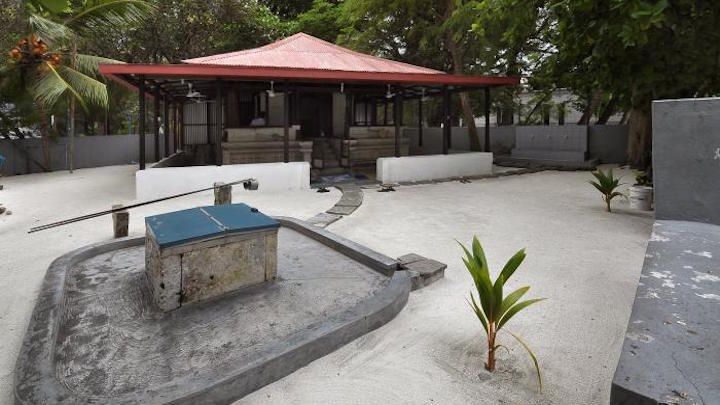Heritage minister finds dismantled coral stone mosque
Parts of the Kalhuvakaru Mosque must be treated before it is reassembled, Yumna Maumoon said.

19 Nov 2018, 09:00
The missing Kalhuvakaru Mosque was stored inside the National Museum after it was dismantled in 2016, the new heritage minister revealed Monday on her first day in office.
Coral stone pieces and wooden beams must be treated before the 200-year-old mosque is reassembled, Yumna Maumoon tweeted.
Yumna, a former head of the heritage department, was appointed by President Ibrahim Mohamed Solih to the newly created ministry of heritage, arts and culture.
Reassembling the mosque is part of the new administration’s first 100-day agenda.
Become a member
Get full access to our archive and personalise your experience.
Already a member?
Discussion
No comments yet. Be the first to share your thoughts!
No comments yet. Be the first to join the conversation!
Join the Conversation
Sign in to share your thoughts under an alias and take part in the discussion. Independent journalism thrives on open, respectful debate — your voice matters.




